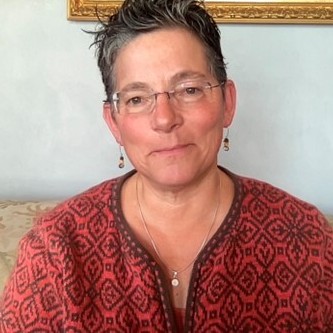Continuing Education: Ethics
Professional Conduct and Ethical Considerations for the Patient Advocate
Patient advocacy on behalf of patients already frustrated or poorly supported by the medical system provides constant opportunities for examining personal and professional ethics. Personal biases and conflicts of interest, if not scrupulously mitigated, can lead to professional ethical breaches that affect the advocacy relationship, the individual practice of patient advocacy, and the reputation of the nascent field of patient advocacy.
CE Credit Eligible: Oct 11, 2023 - Oct 10, 2025
